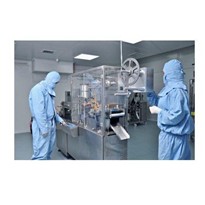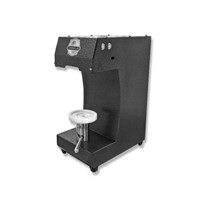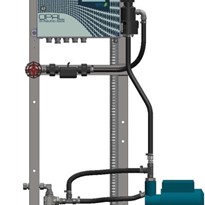Every industry presents its own set of obstacles when it comes to coding and marking, and beverage canning is no different. When investing into a coding solution for challenging canning environments, there are certain requirements that must be considered to ensure your technology can provide optimal uptime and reliability.
Production Speeds
To satisfy customer demand, companies have to deliver a high volume of canned units on a daily basis, which means that speeds on canning lines are high and prone to changes (high output during summer months, lower productivity off season). Continuous advances in technology mean production line speeds are rapidly increasing, resulting in higher numbers of cans being processed. For example, a typical soft drink canning line is capable of running up to 6,000 cans per minute, all of which require codes. The coding system must be able to keep pace with these high production rates.
Harsh Production Environments
It is important that the quality of the coding is of a high standard, despite the harsh production environments in the beverage canning industry. The production environment can be wet and sugar-laden, with temperatures capable of reaching 45°C on the production line, ultimately affecting coding quality. Which is why the best suited coding and marking systems should be able to withstand such a demanding environment and deliver the high-quality codes that businesses expect from their equipment supplier.
Coding Surfaces
The majority of codes are printed on the bottom of cans, where the surface is concave and therefore uneven. This challenge is aggravated by the speed of the production line. A code that appears stretched or smudged is often linked to the speed of the production line however, it can also be the result of the coding system's unsuitability to the packaging surface.
Smooth Integration
For a coding system to be effective, it needs to easily integrate on the canning line. This requires optimal print head design and a small machine footprint enabling installation in a location that will not cause bottlenecks or downtime along the production line.
Environmental Awareness
A growing number of companies are committed to their social responsibility and prefer to invest in technologies that advance their environmental credentials. Coding and marking technologies can be energy-intensive, as well as consuming volatile organic chemicals. A coding system that minimises energy consumption and waste will therefore be the preferred choice.
A suitable coding technology for beverage canning environments should enhance processes and increase supply chain efficiency. The coding technology should be equipped with features to meet these requirements not only for today, but also for future requirements.
For more information on how the F720i fibre laser and how it can answer your coding requirements in challenging production environments, please contact us.


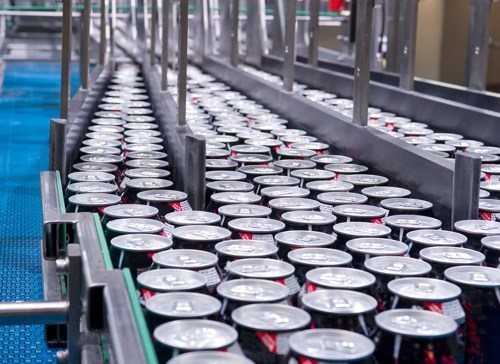







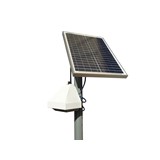
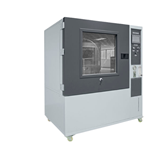
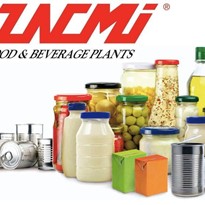
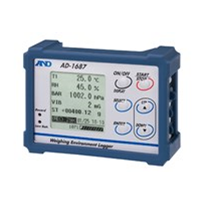
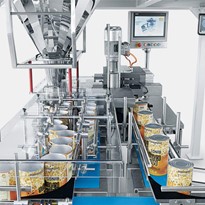
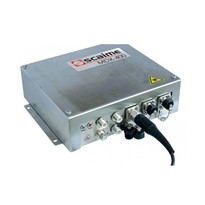
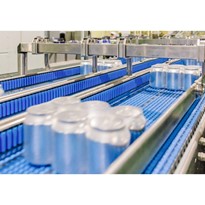
-205x205.jpg)

